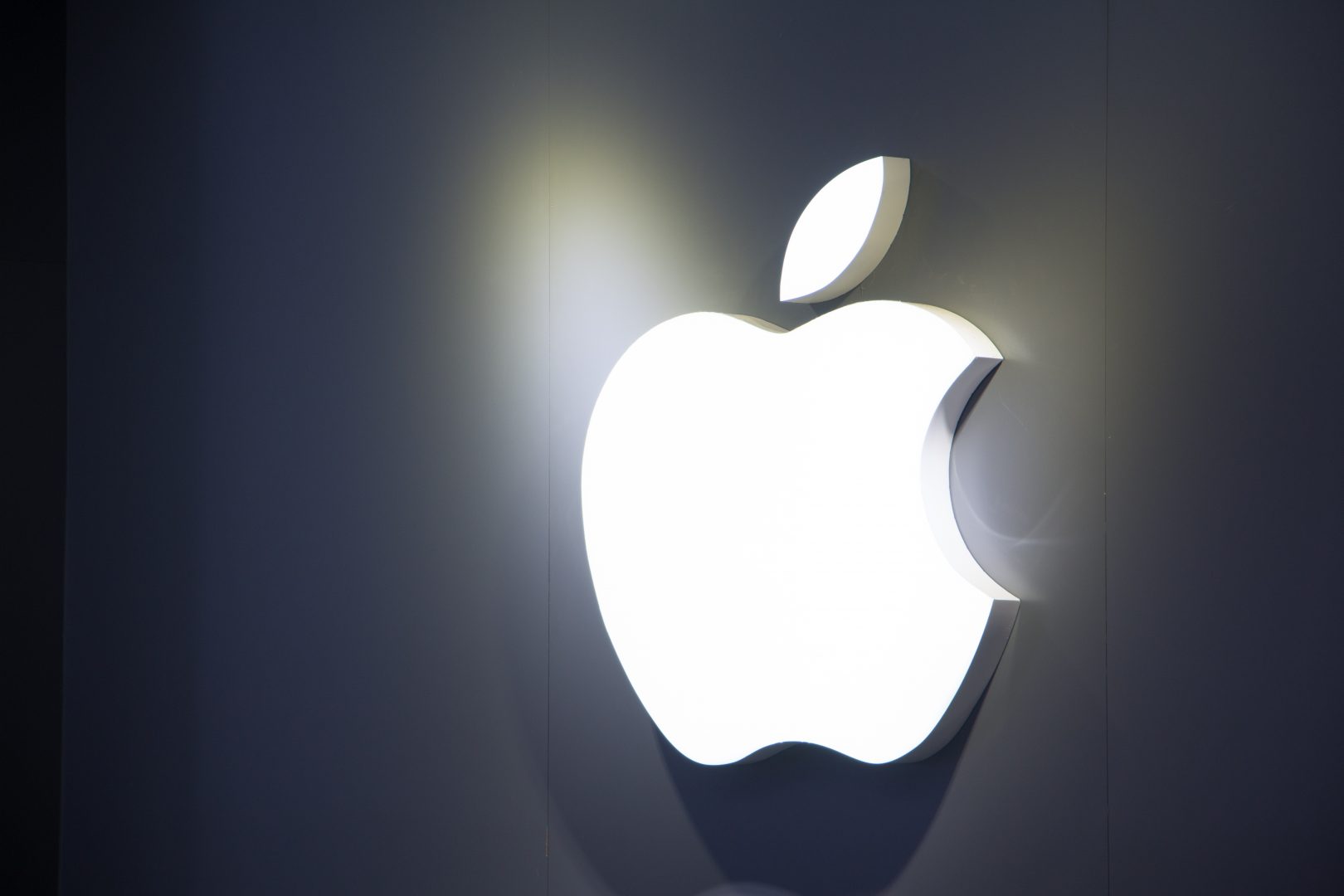Baidu has reportedly won a deal to power iPhones and other Apple devices in China using its generative artificial intelligence, domestic media outlet China Star Market reported on Monday, citing unnamed sources familiar with the matter. The Apple tie-up is a potentially major boost to the Chinese search engine giant’s vision of extra AI-generated revenue.
Why it matters: China’s regulations have pushed Western tech companies to fully comply with the country’s rules if they want to lure the Chinese market, and that benefits Baidu, which serves many of the functions that Google does in the US and Europe. Following the Beijing headquartered firm’s rapid rise to prominence in the early 2000s, it appears poised to gain a major advantage from restrictions on Google once more.
Details: Apple previously engaged in discussions with Alibaba and another unnamed Chinese AI company, according to the China Star Market report, before finally tapping Baidu as its partner for AI services for its upcoming iPhone 16.
- Spurred by the news, Baidu’s Hong Kong-traded stock quickly rose over 6% ahead of the lunch break on Monday, although these gains were erased by more than half by the market close.
- On Weibo, China’s X-like microblogging platform, opinion was divided regarding Baidu’s AI tech being integrated into Apple devices. While some said the news meant that their interest in purchasing a new iPhone was lost instantly, others claimed it showed how good Baidu’s technology is.
- Baidu didn’t immediately respond to a request for comment from TechNode.
- The Chinese launch of Samsung’s Galaxy S24 series integrated Baidu’s AI chatbot Ernie to power its AI features such as content summaries and translations, but the collaboration has drawn scorn on social media. The device’s “Circle to Search” function, which is supposed to give detailed information about a certain part of an image or video that users long-press and circle, has been the subject of repeated complaints from users.
- In one viral example, a user on the Instagram-like social platform Xiaohongshu shared a video where they take a landscape picture and circles a reef in the center of the photo. Baidu’s Ernie-driven AI provides a shopping link from an e-commerce platform, while Samsung’s Hong Kong version – powered by Google – displays the exact location of the image.
Context: Beijing-based Baidu, seen as China’s AI leader, is among the companies hoping to turn the much-hyped technology into a fresh revenue engine. Its chief executive Robin Li has said that generative AI could add several billion yuan in incremental revenue for the firm in 2024. In the fourth quarter, Baidu’s AI-related revenue stood at RMB 656 million ($91.0 million).

